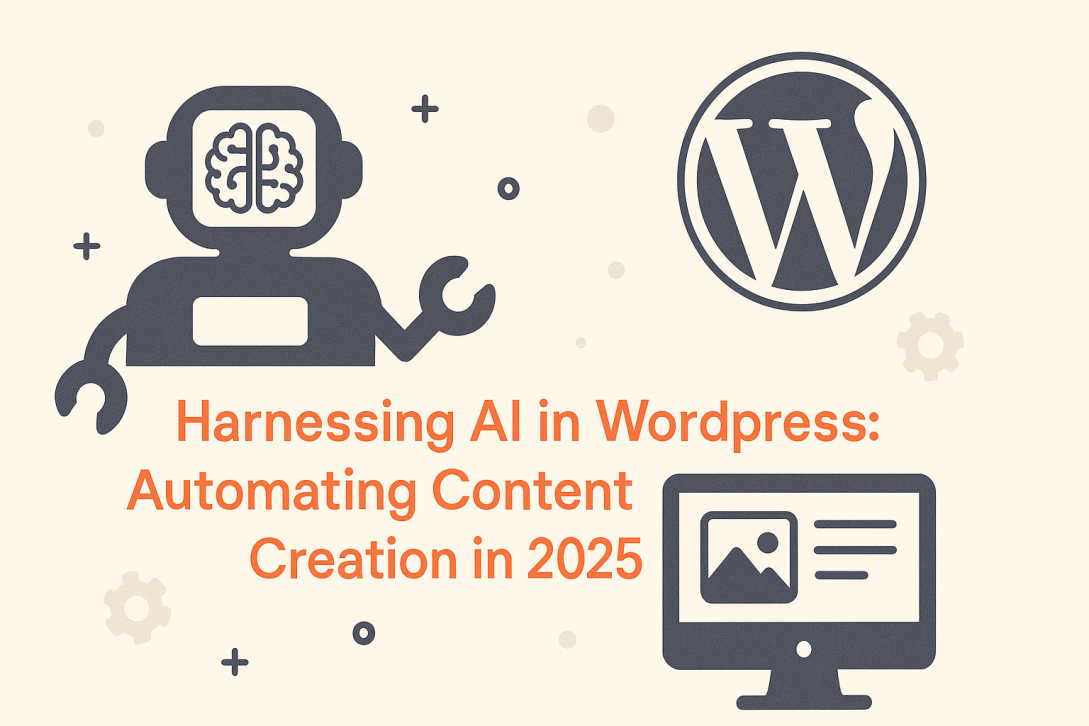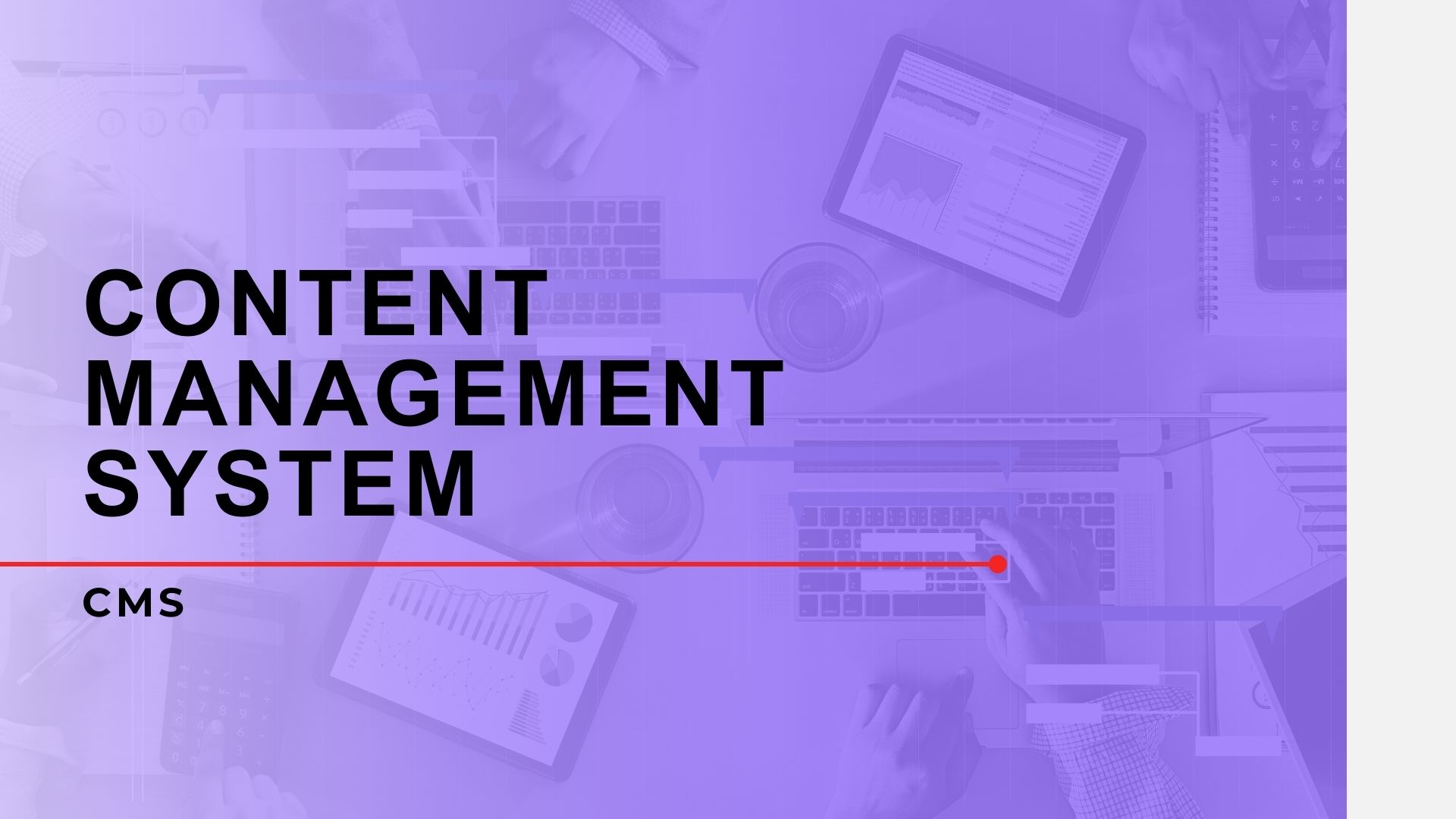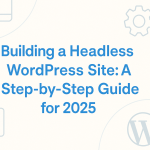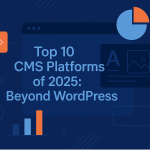The intersection of artificial intelligence and content management systems is redefining digital publishing. As of 2025, WordPress, which powers over a third of the web, has embraced AI not just as a novelty but as a core enabler of productivity, creativity, and scalability. Automating content creation is no longer an emerging trend—it’s now an integral part of how modern content teams and solo creators work.
This detailed guide explores how AI is transforming WordPress content creation in 2025, highlighting tools, best practices, ethical considerations, and forward-looking innovations that are shaping the way websites are built and scaled.
The Evolution of Content Creation in WordPress
Traditionally, content creation in WordPress involved manual writing, editing, uploading, formatting, SEO optimization, and media management. While flexible and powerful, it was also time-consuming.
AI has introduced a paradigm shift:
- Generative AI creates initial drafts and outlines
- NLP tools rewrite or optimize for tone and clarity
- AI SEO tools recommend keywords and headings
- Image generation and editing are now AI-assisted
- Translation and localization are automated
By integrating these capabilities into the WordPress workflow, creators can reduce content bottlenecks and focus more on strategy and storytelling.
“AI doesn’t replace content creators—it accelerates ideation and removes the busywork.” — Tiffani Jones Brown, Creative Director, Dropbox
Key AI Tools Powering WordPress in 2025
1. OpenAI and GPT-based Plugins Dozens of WordPress plugins now integrate GPT-4 and GPT-4o models to generate content directly in the Gutenberg editor. Users can prompt the AI to:
- Write blog intros, outlines, or complete articles
- Generate alt text, meta descriptions, and summaries
- Rewrite existing copy in a different tone or style
Popular tools include:
- AI Engine by Jordy Meow
- ContentBot.ai
- Bertha AI
- Elementor AI Assistant
2. SEO Optimization Tools Platforms like RankMath and Surfer SEO offer AI-powered content scoring, keyword gap analysis, and real-time writing assistance. These tools ensure AI-generated content is aligned with search intent and SERP trends.
3. AI Image Generators With tools like Canva’s Magic Media, Adobe Firefly, and DALL·E plugins, creators can generate custom illustrations and hero images directly within WordPress dashboards.
4. Translation and Localization DeepL and Weglot now offer AI-driven multilingual support that automatically translates and adapts content for regional nuances. These plugins are integrated with WooCommerce, LearnDash, and other ecosystem tools.
5. AI Chatbot Plugins Customer support, onboarding, and even content suggestion chatbots are increasingly powered by AI. Tools like WPBot and ChatGPT for WP handle visitor queries and recommend relevant content.
Automating Content Workflows
Here’s how a modern AI-enhanced content creation workflow might look in 2025:
- Topic Ideation: Use AI prompts to generate trending topics and keyword ideas based on niche and audience.
- Outline Generation: Automatically structure an article using GPT-based plugins.
- Content Drafting: Create the first draft with generative AI and customize tone.
- SEO Optimization: Score and refine the content with RankMath or Surfer.
- Image Generation: Create illustrations or hero banners using DALL·E or Firefly.
- Translation: Auto-translate using Weglot or DeepL plugins.
- Scheduling and Publishing: Auto-schedule based on audience behavior predictions.
The result: faster time-to-publish, fewer bottlenecks, and higher scalability.
Ethical and Editorial Considerations
With AI in the editorial loop, quality control and ethical guardrails are critical. WordPress site owners should consider:
Transparency Disclose when content is AI-assisted, especially in journalism or academic writing.
Bias Management AI models reflect the data they’re trained on. Content should be reviewed to avoid cultural or factual inaccuracies.
Originality and Plagiarism Use AI tools like Grammarly or Copyscape to ensure content uniqueness. AI should be used as a helper, not a ghostwriter.
Tone and Brand Voice AI-generated content must be refined to match the brand’s personality. Many tools now allow training on your own writing samples.
“AI is your co-pilot, not your replacement. Human storytelling is still irreplaceable.” — Ann Handley, Author of Everybody Writes
Case Studies and Real-World Examples
1. WPBeginner One of the largest WordPress blogs uses AI for content ideation and video-to-blog repurposing. This has allowed them to scale their content marketing without sacrificing quality.
2. HubSpot CMS Now fully compatible with WordPress integrations, HubSpot uses AI to suggest blog topics, headlines, and optimize CTA placement based on user behavior.
3. News Organizations Regional publishers and niche blogs now rely on AI to summarize press releases, translate news, and auto-publish weather or finance updates with editorial oversight.
Future Innovations in AI and WordPress
The future of AI content creation in WordPress is bright and accelerating. Upcoming innovations include:
- Multimodal editors: Create content using voice, image prompts, or sketch interfaces
- Auto-updating evergreen content: AI will refresh articles based on trends or data updates
- Behavior-based personalization: Dynamic content served based on user profiles and journey stages
- On-device AI: Tools running client-side for privacy and speed, reducing API calls
- Collaborative AI editors: Real-time, multi-author, AI-assisted editing within Gutenberg
Best Practices for Integrating AI in WordPress
- Start with clear editorial guidelines and train your team on using AI responsibly
- Vet and test multiple plugins to find the best fit for your workflow
- Always review and humanize AI content before publishing
- Track performance to see where AI has the most impact (e.g., blog creation vs. meta descriptions)
- Don’t over-automate; keep space for human creativity
Conclusion
AI is rapidly transforming how WordPress users approach content creation. In 2025, successful content strategies blend automation with authenticity. AI tools reduce the time from idea to publication, optimize for visibility, and open new creative possibilities. But human insight, voice, and storytelling remain the cornerstone.
By treating AI as a collaborator—not a replacement—WordPress users can create more impactful, consistent, and scalable content. Whether you run a solo blog or manage a content team, now is the time to explore how AI can work for you.
References
- https://wordpress.org/plugins/ai-engine/
- https://contentbot.ai/
- https://www.bertha.ai/
- https://elementor.com/blog/ai/
- https://surferseo.com/
- https://www.rankmath.com/
- https://www.canva.com/magic-media/
- https://weglot.com/
- https://www.deepl.com/
- https://www.annhandley.com/
- https://www.wpbeginner.com/
- https://www.hubspot.com/products/cms












